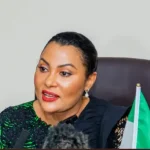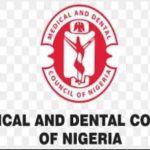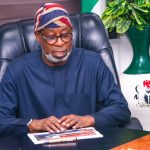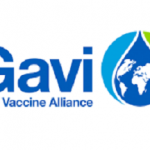LAGOS TO SERVE AS SDGs ACCELERATOR, INNOVATION HUB FOR SOUTH-WEST
Oct. 11, 2021
In line with the strategic vision of the Lagos State Government towards establishing a model for its sustainability agenda, the Office of Sustainable Development Goals and Investment has been designated as SDGs accelerator and innovation hub of South-Western States by the United Nation Development Programme (UNDP).
The project, which is a critical component of the UNDP on institutionalising social protection for accelerated SDGs implementation in Nigeria, will be executed jointly by the United Nations Children’s Fund (UNICEF),
International Labour Organisation (ILO) and World Food Programme.
Speaking at a workshop organised for critical SDGs stakeholders at Protea Hotel, Ikeja, the Special Adviser to the Governor on SDGs and Investment, Mrs. Solape Hammond, described the project as timely and insightful, noting that it will increase opportunities and amplify the faculty of SDGs in Nigeria.
She explained that the hub, designed to provide broadband artillery for all South-Western States in the SDGs ecosystem, would significantly enhance evidence-driven solutions that can improve the lives of citizens in resource-limited settings.
While reeling out some of the transformative structure the State has established to catalyse the delivery of the global agenda, Solape confirmed that deliberate policies of the government on social inclusion are already helping to gravitate Lagos towards a prosperous city.
In her words: “Committed and diverse community structure such as the Lagos Volunteer Corps, the SDGs Youth Alliance has been valuable to the social diversity endeavours of the State. These structures are further complemented by a series of meaningful partnerships the Office has established with NGOs, CSOs, Private Organisations and individuals to scale up solutions for key challenges”.
The Special Adviser further revealed that Governor Babajide Sanwo-Olu is pleased to have the State champion this unprecedented effort, stating that Lagos takes pride in working with other States to foster a culture of collective responsibility towards delivering innovative and impactful programmes.
In his remark, the Senior Technical Advisor, Office of the Senior Special Assistant to the President on SDGs, Dr. Bala Yunusa, acknowledged that the structure would allow State and non-State actors to appraise the modest progress Nigeria has made since the adoption of the SDG Goals in 2015, stressing that the Federal government is determined to invest and contribute more resources to the global effort.
“Through this growing network of regional-based hubs, the State is increasing its ability to identify, nurture, pilot and scale innovative ideas in Africa’s most strategic regions and identifying partners and actors to help accelerate sustainable development”, he asserted.
Appraising the configuration process of the facility, the Programme Analyst, Office of the Senior Special Assistant to the President on SDGs, Mr. Abubakar Metcho, disclosed that the hub is to act as a vital engine in scanning, identifying and accelerating local initiatives, opportunities and support regional programmes.
According to him, “Depending on the strategic priorities outlined by each State, the Innovation Hub designs its portfolio of activities to enhance and support local efforts while driving forward the overall innovation output of the region”.
“The selection of Lagos State as a hub is a major highlight of her demonstrated commitment to inclusivity and diversity towards contributing to Nigeria’s future prosperity and global competitiveness”, he stated.
Following successful deliberations at the workshop, the officials of UNDP visited the Office of SDGs and Investment to assess its structure and also identify critical challenges and priority needs that will accelerate the attainment of the SDGs and social protection, reduce disparities as well as foster social and economic inclusion.








